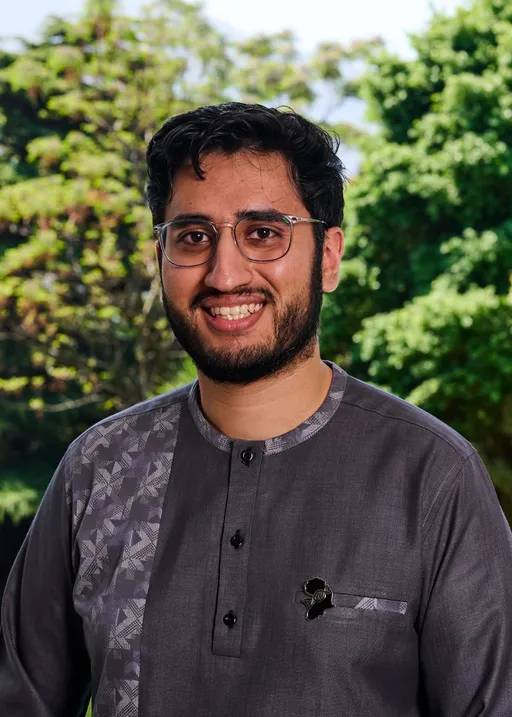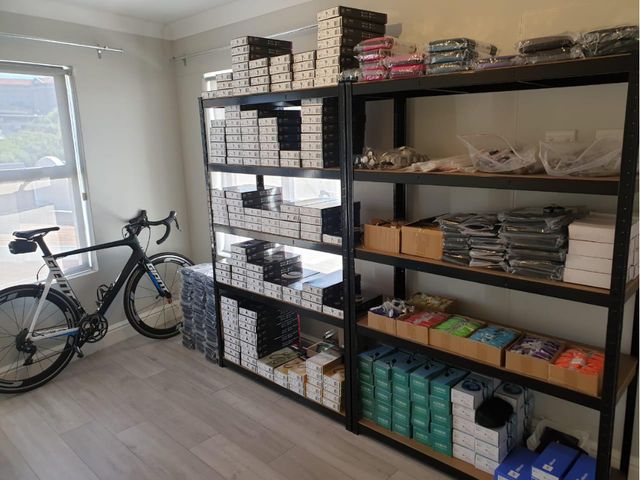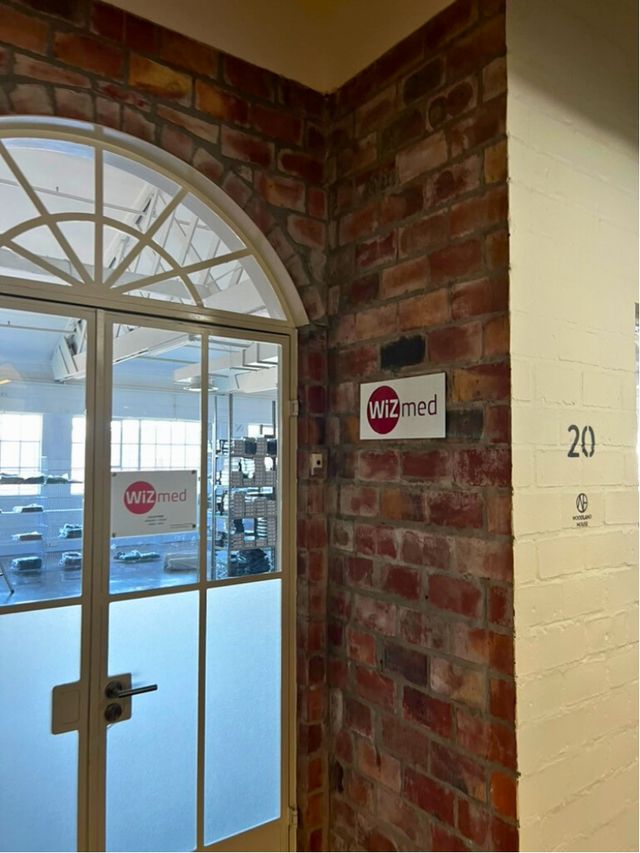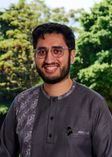
Scholar Stories
World Entrepreneurs Day: A journey of putting people first before profit
From selling gadgets as a teenager to co-founding WiZmed during the pandemic, Waheed Amanjee's (South Africa and University of Cape Town, 2025) journey shows how people-first principles can scale into a business serving over 50,000 healthcare students and professionals across Southern Africa.
World Entrepreneurs Day centers on this spirit: true progress means putting people first. In Africa, our greatest resource is not hidden underground; it’s in our people, ideas, and courage.
For me, the journey of entrepreneurship began outside my grandfather’s shop in rural KwaZulu-Natal, There I learned the value of respectful greetings and trust, one conversation at a time. Later, at my father’s clothing store, I realized people—not profit—are at the heart of business. Service, more than sales, leaves a lasting impression. These lessons became my core philosophy: people come before profit.
As a teenager, I imported gadgets for classmates and later tried sourcing masks for healthcare workers during the pandemic. Delays resulted in late and costly shipments, leading to a significant loss. Some ventures succeeded, others did not. These experiments taught me to deliver more than I promised, own my mistakes, communicate clearly, and treat others’ money as if it were my own. I discovered that entrepreneurship is rarely tidy—sometimes it's about survival, sometimes it's about vision.

As a result of these formative years, by the time I reached medical school, I had come to understand that the most powerful businesses often begin as acts of service. For many of us, the stethoscope is the first tool we own and the first promise we make to those we serve. This simple instrument is often the beginning of diagnosis and a symbol of the healthcare field. Yet for too many students, it is also a financial hurdle.
WiZmed began during the COVID-19 pandemic, when Ashraf and I sought to help our fellow medical students purchase stethoscopes at an affordable price. With no investors or capital, we relied on the trust of students who paid upfront and waited months for their orders to be fulfilled. Their patience in uncertain times became our foundation—Ubuntu in action. We packed orders between lectures, answered customer queries during ward breaks, and built the business while studying full time.
What began as stock under my bed is now a Cape Town warehouse with a team of five. As the region’s leading stethoscope distributor, we have served over 50,000 students and colleagues across Southern Africa. Still, the small moments matter: a thank-you note from someone who can now afford their dream stethoscope and the delight of a first-year unboxing theirs.
However, with growth came responsibility. Salaries and rent required balancing sustainability and fairness. To achieve price parity—where a student in Cape Town pays the same as one in London or New York—we use bulk purchasing and direct manufacturer partnerships to keep costs low. It is unjust to ask those who need these tools most to pay more. For us, ethical entrepreneurship means offering fair pricing, providing transparent service, and investing locally.
Now, our work extends beyond stethoscopes. We manufacture scrubs locally, partner with factories across eight countries, and, through the WiZmed Foundation, provide funding for equipment to students in greatest need. E-commerce, social media, and online distribution have powered our growth. In Africa, these aren’t luxuries; they let us build, scale, and serve solutions as young people.

A single lesson runs through my entrepreneurship journey: people first. My father once dreamt I’d sell clothes in his shop; in a way, I do—now, it’s scrubs at medical school.
You don’t need a business degree to start a business (though respect to those who do). What matters is putting people at the center: having purpose, persistence, and the humility to seek advice while daring to be bold. Being your own target market is an advantage: you understand the gaps and experience the challenges, allowing you to create real solutions.
One day, these stethoscopes should be made in Africa. Until then, we’ll localize what we can and negotiate what we can’t, building fairer systems as we lift others with us.







